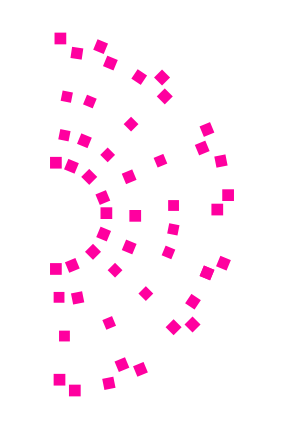
Duška Radosavljević was one of eight presenters at the International Seminar “Modes of Production: Performing Arts in Transition”, organized by Teatro Académico de Gil Vicente in the framework of its 60th anniversary programme, together with the interdisciplinary research centre, CEIS20.
Towards re-professionalisation of theatre training
Abstract: My work converges around the desire to question the 19th century division of labour that has underpinned much of the institutional theatre-making practices and theatre training structures in Eastern and Western Europe throughout the 19th and 20th century, and beyond. The profiles of the professional playwright, critic and director were, according to theatre historians such as Worthen (1997) and Puchner (2011), the result of the popularisation of the printing press and the developments of the legal regimes governing copyright. This ushered in a text vs. performance binary and a sense of the primacy of the text in theatre authorship throughout the 19th and 20th centuries which was also retroactively applied in the process of creating the Western canon.
Although we are not exactly in an age of the ‘secondary orality’ as anticipated by Ong (1982), the primacy of the written word has been destabilised by technological developments of the late 20th century and specifically the advent of the digital age. Simultaneously, the profile of a deprofessionalised or multi-professionalised ‘theatre-maker’ (Radosavljevic 2013) has emerged, often from universities (rather than drama schools) in the English-speaking world. I contend that in order to challenge the prevalent methodologies of theatre-making in institutional theatre, we need to reconsider and change the ways we train theatre-makers. As the revelations about the limitations of the Stanislavskain paradigm for students of colour have shown, the Stanislavskian actor training paradigm and its 20th century off-shoots have shown themselves to be losing relevance as adequate training methodologies for the political, cultural and technical demands of the 21st century. This paper considers specifically the notions of professionalisation, deprofessionalisation, multiprofessionalisation and re-professionalisation in the context of theatre-making.
